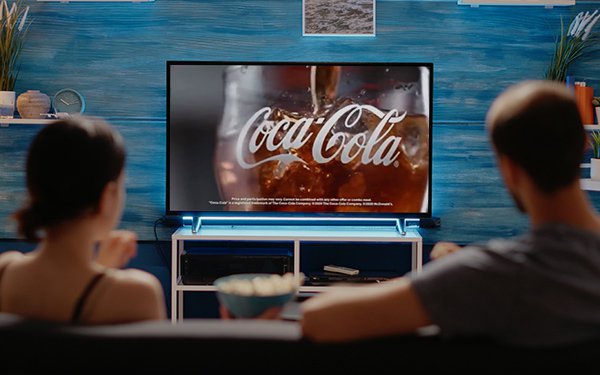Study: Ad effectiveness age-dependent
November 1, 2023

Email (42 per cent), followed by ads on live TV (32 per cent), streamed shows (29 per cent), direct mail (28 per cent), YouTube, and websites in general are considered the most effective advertising tactics among consumers overall, according to the State of Media, Entertainment, and Tech: Consumer Engagement 2023 study from Horowitz Research.
The study reveals notable differences by age, with younger (18-34 and 35-49 year-old) consumers more likely to find text messages, social media posts, influencer sponsorships, ads in podcasts, and ads in music streaming services much more effective than older (50+) consumers do. On the other hand, direct mail is still considered effective by 41 per cent of 50+ year-old consumers, compared to 20 per cent of 35-49 year-olds and 13 per cent of 18-34 year-olds who consider that tactic effective to reach them. Similarly, while one in four (22 per cent) of 50+ consumers feel print is still an effective medium, only 13 per cent of 35-49 year-olds and 7 per cent of 18-34 year-olds feel the same.
The study reveals interesting differences when it comes to advertising in TV shows, whether live or streamed. Overall, about one in three consumers feel TV ads remain effective to reach them, but younger consumers, who have become accustomed to using subscription streaming services that are generally ad-free or have reduced ad loads, consider both live and streamed TV ads less effective than their older counterparts.
“The fact that younger consumers find ads in TV shows less effective is a reflection of their media behaviours and how the TV industry has evolved. Young people are heavy users of subscription streaming services that are generally not ad-supported, and have pretty much gravitated away from ad-supported live TV,” notes Adriana Waterston, Executive Vice President and Insights and Strategy Lead at Horowitz Research. “It makes sense that they see other platforms as more effective since that is where they are seeing the most advertising. However, the past few years have seen an enormous increase in the number of ad-supported streaming services, opening up new opportunities for brands to re-connect with younger audiences through TV content.”
As the digital television advertising space matures, consumers are becoming bullish on interactive advertising features that blur the lines between promotions and commerce, the study finds. For example, 35 per cent of consumers surveyed find it engaging to receive a promotion for products related to what they are seeing on screen; this increases to 46 per cent among 35-49 year-olds. One in four (23 per cent) consumers find it engaging to be able to actually purchase a product they saw in a TV show they were watching by scanning an on-screen code. The same proportion (25 per cent) also find it engaging to use augmented reality (AR) to see how things might look like in real life before buying— 35 per cent among 18-34 year-olds.
“We are on the brink of really exciting changes in the way that brands can leverage advanced, interactive features for digital retail right on the TV screen,” adds Waterston. “To really drive adoption, streaming platforms will need to replicate what the mobile platforms do, enabling a seamless retail experience so that on-screen shopping can be streamlined with the product just magically arriving at your door after a few simple clicks.”
